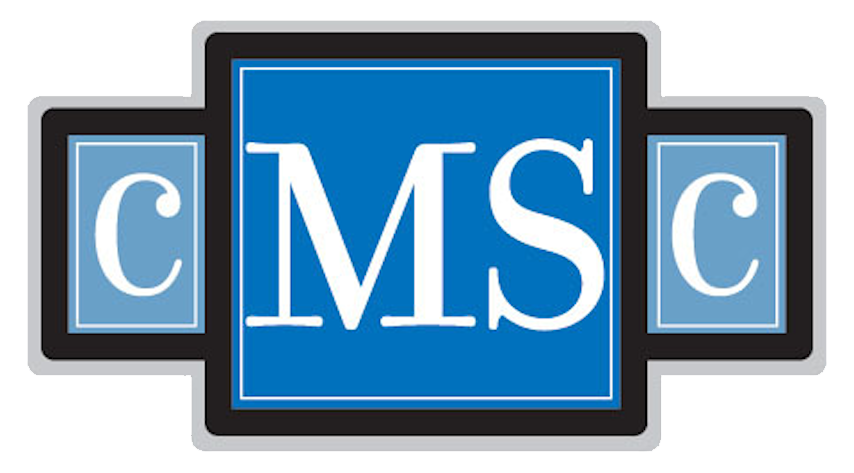
Release: 4/30/19
Expiration: 4/30/20
Provided by the Consortium of Multiple Sclerosis Centers (CMSC) and Catamount Medical Education.
This activity is supported by independent education grants from Biogen, EMD Serono, Genzyme, and Novartis.
Credit Available
Physicians — maximum of 1.0 AMA PRA Category 1 Credit(s)™
Nurses — 1.0 contact hours (includes 1.0 pharmacology contact hours)
All other health care professionals completing this course will be issued a statement of participation.
Target Audience
This activity has been designed to meet the educational needs of neurologists, nursing professionals, PAs, and other healthcare professionals involved in the management of patients with MS.
Program Overview
This interactive enduring activity provides evidence-based education on the role of immune dysfunction in treatment and management considerations for patients living with multiple sclerosis (MS).
Learning Objectives
Upon completion of this activity, participants should be able to:
- Describe regulation and dysregulation of the adaptive and the innate immune systems during development and progression of MS
- Review the mechanisms of action of current and emerging immunotherapies for MS and their relevance to treatment decisions
- Discuss immune-related toxicities of current and emerging immunotherapies used for MS
- Utilize strategies to assess and manage immune-related toxicities
- Evaluate relative risks and benefits of immunotherapeutic options
- Employ patient-specific considerations when making treatment-sequencing decisions
Faculty
Fred D. Lublin, MD
Director of the Corinne Goldsmith Dickinson
Center for Multiple Sclerosis at Mount Sinai Medical Center
Accreditation Statement
In support of improving patient care, this activity has been planned and implemented by the Consortium of Multiple Sclerosis Centers (CMSC) and Catamount Medical Education. CMSC is jointly accredited by the Accreditation Council for Continuing Medical Education (ACCME), the Accreditation Council for Pharmacy Education (ACPE), and the American Nurses Credentialing Center (ANCC), to provide continuing education for the healthcare team.
Credit Designation
The CMSC designates this enduring activity for a maximum of 1.0 AMA PRA Category 1 Credit(s)™. Physicians should claim only the credit commensurate with the extent of their participation in the activity.
The CMSC designates this enduring activity for 1.0 contact hour of continuing nursing education credit (includes 1.0 pharmacology contact hours).
